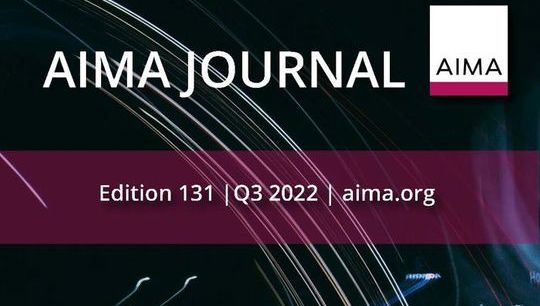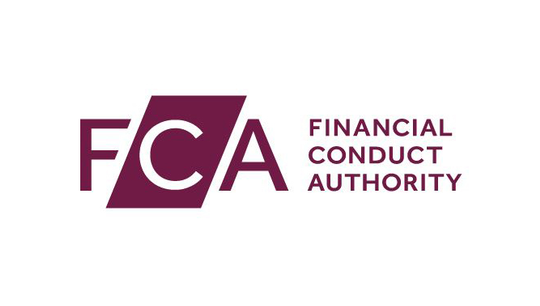CEO Blog: Brexit, offshore funds and other things
By Jack Inglis, CEO, AIMA
Published: 14 April 2016
On so many occasions in recent months I’ve had this query from friends: “don’t your lot all want out?” Hardly a flattering term, but by “your lot” they mean hedge fund managers and by “out” they mean Brexit. With only two months to go to the referendum is such a sweeping generalisation that simple or at all accurate?
Absolutely not. There will be many hedge fund managers in the US and Asia who couldn’t give two hoots as to whether the UK sits inside or outside the EU. Closer to where it is happening, in the UK and Europe, there are clear variations in views as seen by the public expressions of some senior figures in our industry. There is no absolute consensus. As the industry representative body, AIMA therefore cannot and does not have a formal position as an “inner” or an “outer”. We made this clear when we were called to appear in January in front of the UK Treasury Select Committee, which has been examining the potential impact on the constituent parts of the financial services industry should the vote be to leave.
We’ve all seen the media reports that claim the industry is in favour of Brexit as a means to escape the heavy burden of regulation from Brussels. Fewer in number are the stories that actually note the practical reality of the situation. UK alternative management firms are well aware that an exit from the EU would not mean they could ignore EU regulations. Compliance with rules set in Brussels would still be required for them to attract investors from the EU, and when trading on EU markets. This is the point we made to the Treasury Select Committee.
In truth, individuals from the UK hedge funds community who vote will make their decision based on issues that matter to them and extend way beyond any frustration that might have been expressed with AIFMD et al.
Headlines about Brexit have, in the last couple of weeks, been supplanted by the so-called 'Panama papers', which has seen the tax affairs of many well-known public figures being raked over. While the hedge fund industry has not been caught up in this (I can’t for the life of me think of any Panama domiciled funds) it has thrown the spotlight back on to the offshore jurisdictions.
As a significant proportion of the world’s alternative investment fund industry – which includes private equity as well as hedge funds – is set up in offshore jurisdictions such as the Cayman Islands, AIMA is often drawn in to explain why this is the case. The answer is definitely not (for anyone taking notes) to evade tax or to hide assets. As a US or UK resident, for example, it is nigh on impossible to avoid the eyes of the IRS or HMRC through investing in a Cayman fund, given the enforced transparency of information between the jurisdictions concerned. This is not well understood in the public domain, and so we have published an educational note which explains the whys and wherefores of offshore funds, emphasising transparency and making the distinction between tax neutrality and tax avoidance. You can find this on our website here.
The risk is that the public outcry leads to nonsensical measures being aimed at offshore centres. It is important that those who have the power to make policy decisions fully understand the role that offshore financial centres play in the world’s economy. There is a key role being played here that facilitates trade, investment and consequently, economic growth. Richard Hay, counsel of the IFC Forum, makes some excellent arguments in this piece for the Financial Times, which I would encourage you to read. He explains why one politician’s suggestion that we simply “shut down” the financial centres in British overseas territories such as the Cayman Islands is absurd on every level. It would result in the loss of jobs, lower pension returns and a slowdown in international trade, with Hay noting that millions of people would be worse off.
Policy discussions will of course feature prominently at our annual Global Policy and Regulatory Forum, which will this year be held in London on May 18th. We are delighted to have confirmed Lord Alastair Darling as a keynote speaker. Lord Darling, the Chancellor of the Exchequer when the banking crisis hit in 2008, will no doubt have some interesting insights on systemic risk.










